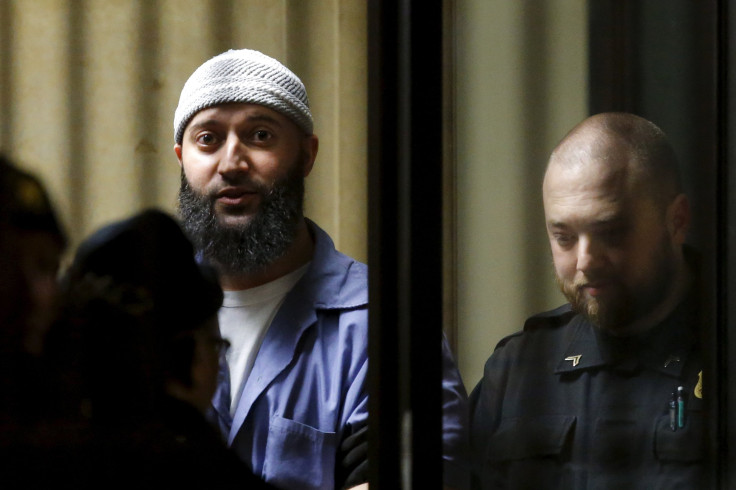‘Serial’ Subject Adnan Syed Gets Retrial In Hae Min Lee Murder Case

A Baltimore judge called for the retrial of “Serial” podcast subject Adnan Syed. He was sentenced to life for the murder of his ex-girlfriend and Woodlawn High School student Hae Min Lee in 1999.
The now 35-year-old was convicted of first degree murder, kidnapping, false imprisonment and robbery in 2000. His case was the subject of the viral podcast hosted and produced by radio producer Sarah Koenig. Syed’s lawyer Justin Brown of the Baltimore law firm Brown & Nieto tweeted the news about the news trial Thursday afternoon.
“I will curb my enthusiasm, because there's still a lot more fighting to go. He's still not out of jail,” Brown reportedly said, “We’ve made a lot of progress, but we’re still not there.”
The decision to grant Syed a retrial comes as a huge victory for the 35-year-old who had long maintained his innocence and had exhausted all other avenues of appeal. Judge Martin Welch ordered that the testimony of Syed’s classmate Asia McClain be retransmitted to the Maryland Court of Appeal. McClain who played a major role in the podcast claimed that she spoke to Syed in the school library at the time prosecutors' claimed he committed the crime.
This order reportedly comes after three days of postconviction hearings in February when Syed’s legal team presented new evidence, which included the testimony of a new alibi witness. They had also argued that Syed’s original counsel had been grossly negligent.
Syed first filed a request for a postconviction hearing in 2010, which was denied.
At a press conference, Brown added that the order for the retrial would not have been possible if the podcast hadn’t been released. But, Judge Welch said that the overwhelming public interest in the case did not affect his decision.
“Regardless of the public interest surrounding this case, the court used its best efforts to address the merits of petitioner’s petition for postconviction relief like it would in any other case that comes before the court; unfettered by sympathy, prejudice, or public opinion,” he reportedly said.
© Copyright IBTimes 2024. All rights reserved.












